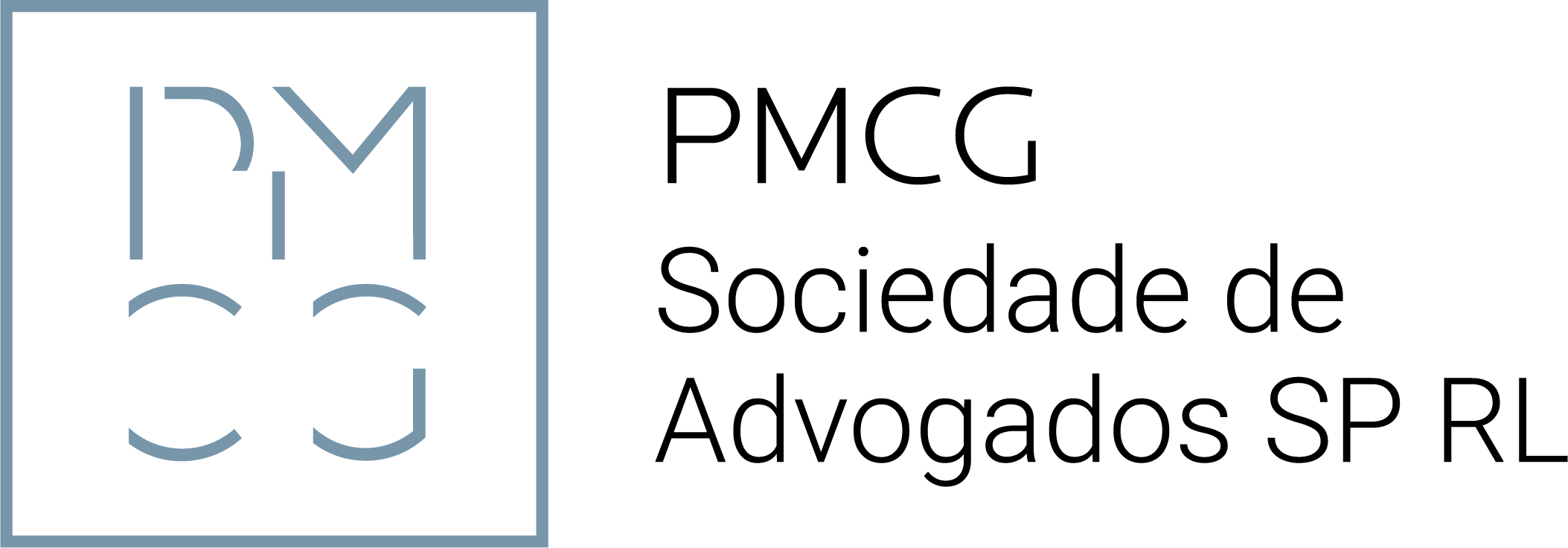“Portugal: a country that welcomes investors”
Clients usually request legal assistant to start up new businesses or to invest in different industries by acquiring other companies, businesses and assets. They decide either to purchase companies already operating or to incorporate a new one.
Thereby, Portugal became an alternative option as target market for investors coming across different industries. We’ll understand why.
-
Portugal offers a cost-competitive and skilful labour market, good infrastructures and a great geostrategic location – has the 5th largest Exclusive Economic Zone (EEZ) within Europe, 4th of the EU and the 20th in the world; different exposure levels to sunshine during the year, with high values in the summer;
-
Portugal is member of Schengen Area and European Union, which means that it belongs to the European Single Market, that’s guarantee the free movement of goods, capital, services and labour;
-
It provides a platform channel to invest in Africa and Latin America also due to the strong cultural and economic ties and trade relationships have been promoted with several countries such as Angola, Mozambique, Cape Vert, Brazil or Venezuela;
-
Portuguese is in the top 10 of the most spoken languages, with over 200 million speakers worldwide;
-
The incorporation procedures to be executed in Portugal are no longer complex nor unreasonably expensive.
Some of those advantages resulted of the Age of Discoveries, when Portugal was owner of more than half the world, with the Treaty of Tordesillas.
Main types of commercial companies, according to Portuguese law:
-
Public companies – Sociedade Anónima (S.A.);
-
Private limited companies – Sociedade por quotas (Lda.) or Sociedade unipessoal por quotas, if it’s incorporated by a sole quota holder.
-
Public companies vs private limited companies
The “Lda.” is more suite for short-term investments, whilst a S.A. is usually recommended for enduring investments, represented by many investors.
Small and medium-sized companies (“SMEs”) are usually incorporated as “Lda.” which offers more suitable characteristics than a S.A.:
-
Lower capital requirements;
-
Statutory restrictions regarding the transfer of quotas are more stringent;
-
More flexibility and greater autonomy to decide on the company’s corporate structure and organization.
The law allows the quota holders of “Lda.” to set under the By-Laws the share capital amount at a level that is suitable for the company to carry out its activity. The share capital is represented by several quotas, each of them having a different nominal value that corresponds to the percentage held by each quota holder in the share capital [the minimum nominal value legally established is €1 (one euro)].
Differently, a S.A. company can’t be established by fewer than five partners and the minimum par value of the capital is €50.000 (fifty thousand euros).
The share capital of a S.A. is divided in shares that must have the same nominal value [minimum legally established is € 0,01(one-euro cent) per share].
S.A. companies have traditionally met the needs of larger ones. Thus, the organic structure can limit the ability of shareholders to structure the company in accordance with the needs of small businesses. Furthermore, S.A. is characterized by a complex legal framework. Despite that, it offers, to large companies, some perks, such as:
-
Investing in the company is easier since its capital is divided into shares that can be listed on stock exchanges and are naturally transferable;
-
A. companies can raise capital by going public on the stock exchange and can issue negotiable debt instruments to the public;
-
B. Winder access to financing sources;
-
C. It has internal control models aimed at protecting the company’s share capital and its creditors.
Regarding corporate governance, the managing body may be organized either by a sole director or a board of directors.
In case of S.A. the by-laws commonly specify the number of board members, the duration of each term and their duties. Directors must comply with duties of care and loyalty and must act bona fide in the best interest of the company. Directors are liable towards the company, its shareholders and the company’s creditors for any damages they may cause due to any acts carried out in breach of the applicable laws and regulations, the company’s by-laws, or the duties associated with their position.
In a “Lda.” it’s not mandatory to have a Supervisory Boards but, in some situations legally foreseen, it must be deemed to appoint a statutory auditor, whenever the total on balance sheet, the total net sales and other income, or the average number of workers employed during the financial year, are exceeded.
Investors can also choose to set up a branch or a representative office which are common options available if investors intend to develop a temporary activity in Portugal or to test the feasibility of a certain business project prior to the incorporation of a company.
Companies which do not have their central management and control in Portugal, but wish to exercise their activity in this country for more than one year, must establish a permanent representation here and comply with the provisions set forth under Portuguese law in relation to commercial registration.
Another investment option is to associate with a local business partner who is already established and operating in Portugal. Some joint venture options are:
-
Create an equity joint venture by incorporating a limited liability company or acquiring a stake in an existing company;
-
Complementary grouping of companies (“ACEs”): with no separate legal personality besides that of its members, created to carry out specific projects or services;
-
European Economic Interest Grouping (“EEIG”): it was designed to make it easier for companies in different countries to do business together, or to form consortium to take part in EU programmes;
-
Selling or providing goods or services in Portugal without setting up a legal structure, for instance, by entering a distribution, franchise or agency relationship with a third party established in Portugal.
What are you waiting for? Set up a business in Portugal! This country welcomes investors.





